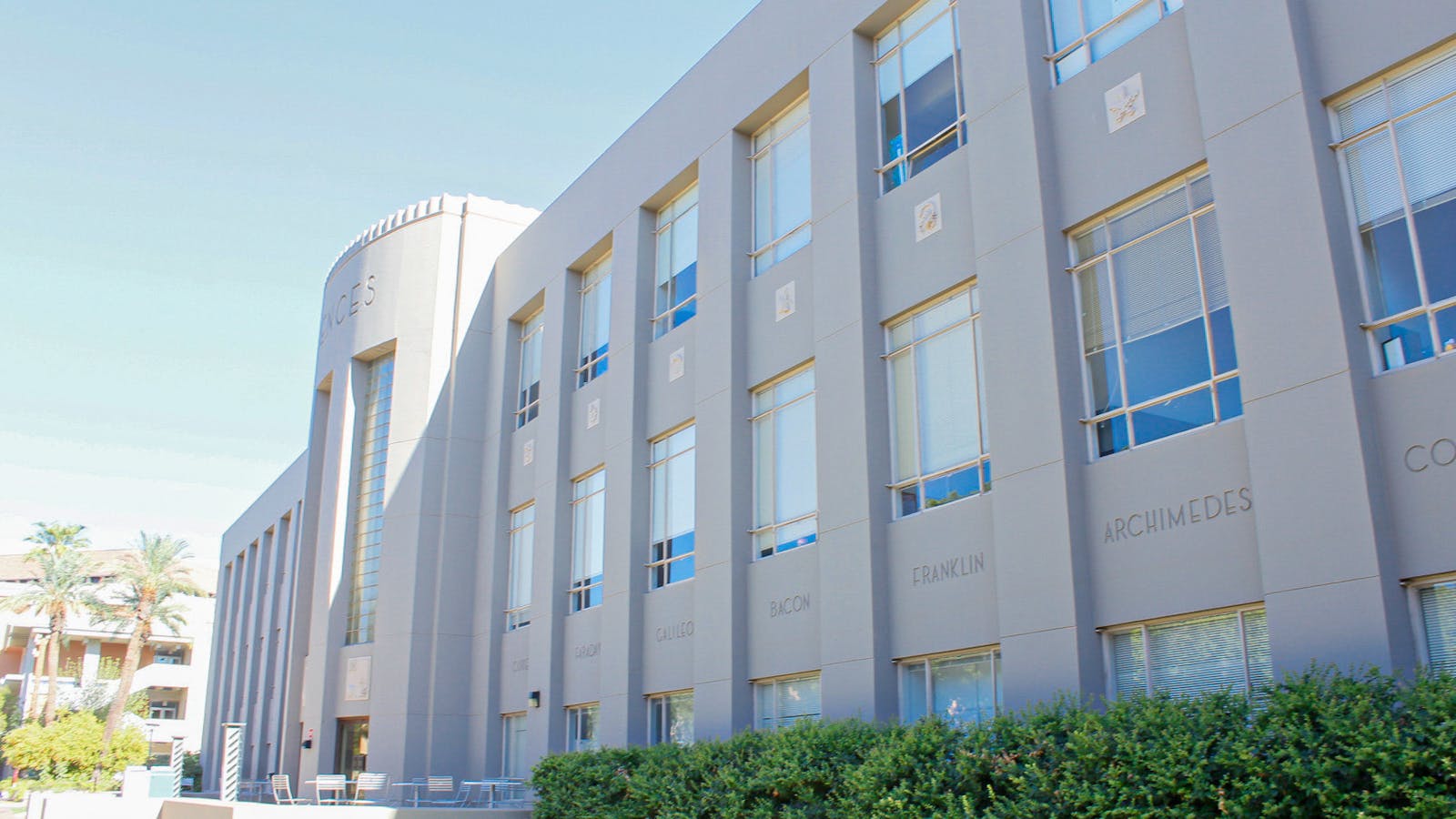Almost a year after former Vice President Kamala Harris lost the 2024 presidential election and amid voter dissatisfaction in the Democratic Party, some ASU students say an authentic social media strategy and people-driven policies could provide needed energy.
As politicians work to regain trust with voters, Zohran Mamdani, the Democratic nominee for New York City mayor, has gained national recognition on a democratic-socialist platform that moderate Democrats have said would cause them to lose elections.
Lucas Mooney, a junior studying political science and treasurer of the Young Democrats at ASU, said candidates running in 2026 should look to Mamdani as an “inspiration.”
Part of Mamdani’s success comes from his approach to social media. Mooney said Democrats should follow his example and improve their online strategy.
“Social media right now is the pinnacle of culture. It isn’t the subculture. It is culture,” Mooney said. “If you’re not on social media, then you’re not reaching those people.”
Other Democrats on campus believe authenticity is key in appealing to voters, a quality they say the party is lacking.
Dhruv Rebba, a senior studying political science and computer science and the executive vice president of Young Democrats at ASU, said some Democratic politicians have “curated” their social media presences.
“People just want to hear what the politicians themselves have to say, rather than their consultants or the social media team,” Rebba said.
Both Rebba and Jacob George, a senior studying political science and executive director of the Unity Rising USA PAC, said Mamdani builds a sense of familiarity with voters online.
“It was really the right type of energy,” George said. “It felt like you were just talking with a friend.”
However, restoring the party’s reputation may involve more than just a change in social media tactics.
“(The party is) serving the interests of corporate donors,” Mooney said. “We, the people, deserve to be represented, and if you look at our leadership right now you can see that’s not the case.”
Although some party leaders have labeled Mamdani as extreme, George said his policies — including a rent freeze, fare-free buses, and city-owned grocery stores — are key to winning back voters.
“I don’t think it’s extreme that we should end homelessness,” George said. “I don’t think it’s extreme that everyone in America should be able to have a meal a day.”
Rebba said tackling the high cost of living is a major factor in winning back American voters. A study by the Ludwig Institute for Shared Economic Prosperity found that the bottom 60% of households are unable to afford a basic quality of life.
“Right now, for people our age, it’s way harder to buy a home,” Rebba said. “College is way more expensive than (for) previous generations.”
Regardless of how important social media strategy is, the students agreed that the party’s current messaging is not resonating with voters.
“I don’t think that using social media is the most important thing right now,” Mooney said. “At the root of the problem, Democratic politicians need to put the people first.”
Edited by Carsten Oyer, Senna James and Ellis Preston.
Reach the reporter at jonahmanthey@asu.edu and follow @_therealjonah on X.
Like The State Press on Facebook and follow @statepress on X.
Continue supporting student journalism and donate to The State Press today.
